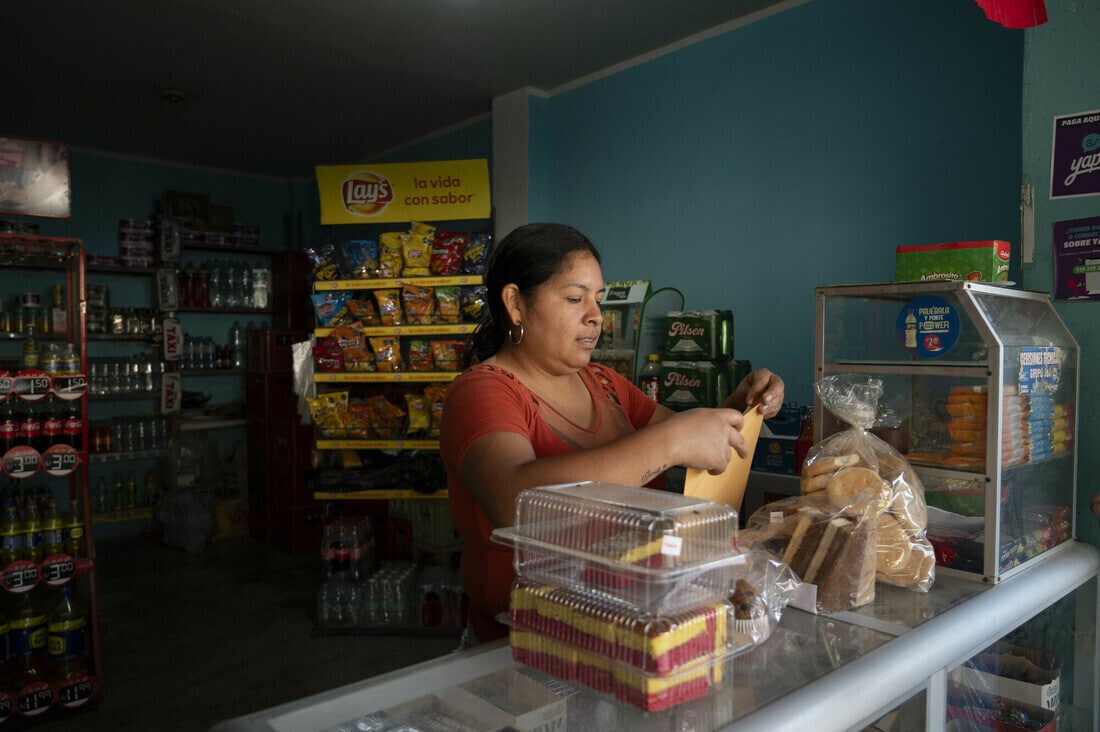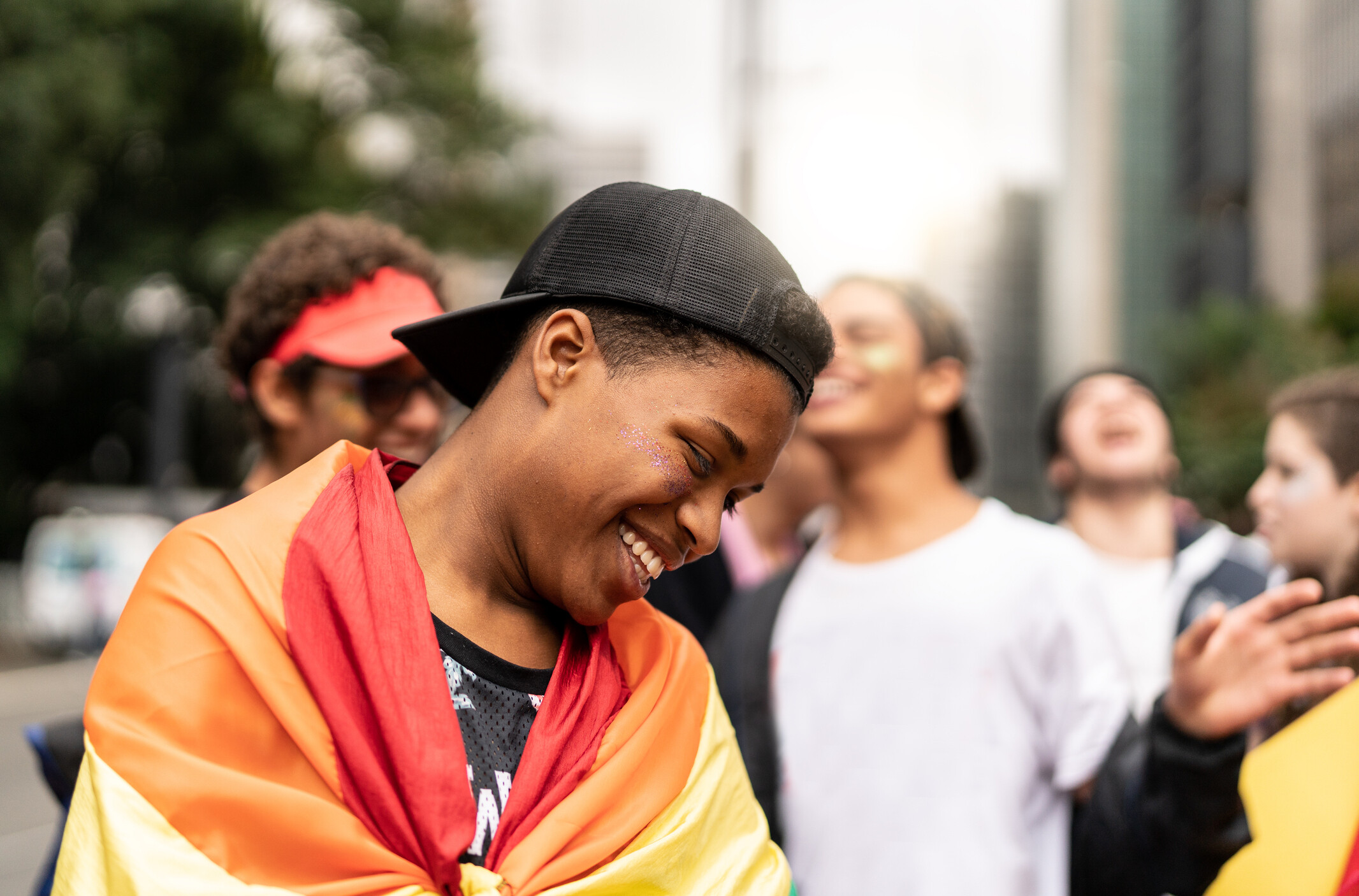Outcry as only 3% of rape cases result in a conviction in England and Wales

The decline comes amid growing concerns that the justice system is failing rape victims. Image: REUTERS/Toby Melville

Get involved with our crowdsourced digital platform to deliver impact at scale
Stay up to date:
United Kingdom
The number of rape convictions in England and Wales has fallen to a decade low despite increasing reports to police, according to data released on Thursday, prompting criticism that rape is being "effectively decriminalised".
There were 1,925 convictions in 2018-19, a 27% drop from the previous year, according to the Crown Prosecution Service (CPS) - the lowest since records started being collected in their current form in 2007/8.
With nearly 58,000 reports of rape to police last year, the figures in the CPS's annual Violence Against Women and Girls Report mean about 3% of reported rapes result in a conviction.
The decline comes amid growing concerns that the justice system is failing rape victims with many saying they are re-traumatised by the process while their attackers walk free.
The government announced a review of the way rape cases are handled in March.
The report also showed that the number of cases charged by the CPS - meaning it found there was enough evidence to proceed to trial - plummeted by more than half to 1,758, down from 3,910 three years ago.
The CPS said it was getting fewer referrals from police and cases were taking longer because of increasing volumes of digital evidence such as mobile phone messages.
But campaigners accused prosecutors of dropping cases where they thought the jury is less likely to convict - an allegation denied by the Director of Public Prosecutions (DPP) Max Hill.
The End Violence Against Women Coalition (EVAW) said the figures represented "what is becoming the effective decriminalisation of rape".
EVAW's Andrea Simon said women who reported rape were being denied justice by a system that further victimised them.
"The failure to prosecute rape ... (also) signals to rapists that they are safe to continue offending, knowing the likelihood they will be held to account is miniscule. Is this the type of society we want to live in?" she asked.
The CPS announced an independent review of rape charging decisions on Thursday as part of the wider government review.
"Rape is an awful, sickening offence and I completely understand why the fall in charging rates is so concerning," DPP Hill said.
The report outlined other measures to improve how the CPS handles rape cases, including training for specialist rape prosecutors and for victims to receive pre-trial therapy.
The CPS is also examining how changes in sexual behaviour and digital evidence, especially in acquaintance rape cases, impact prosecutions, and will update its guidance on stereotypes and myths around rape.
Don't miss any update on this topic
Create a free account and access your personalized content collection with our latest publications and analyses.
License and Republishing
World Economic Forum articles may be republished in accordance with the Creative Commons Attribution-NonCommercial-NoDerivatives 4.0 International Public License, and in accordance with our Terms of Use.
The views expressed in this article are those of the author alone and not the World Economic Forum.
The Agenda Weekly
A weekly update of the most important issues driving the global agenda
You can unsubscribe at any time using the link in our emails. For more details, review our privacy policy.
More on Civil SocietySee all
Michelle Nunn
June 28, 2024
Blair Palmer
June 21, 2024
Christa Odinga-Svanteson
June 20, 2024
Teemu Alexander Puutio
June 7, 2024
Mark Muckerheide
May 21, 2024
Cheryl L. Dorsey and Francois Bonnici
May 21, 2024






